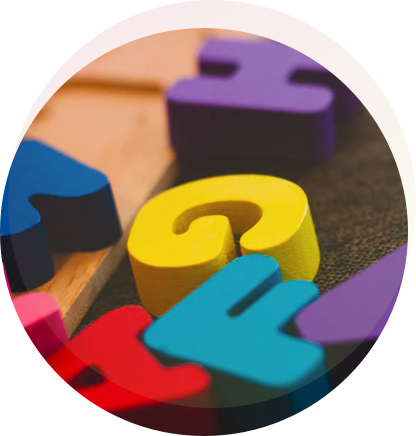We believe every child can learn
When your child is struggling academically or with behavior, it’s normal to feel alone or that you are the only one dealing with this challenge. Families often tell us:
I've tried everything and nothing has worked
I don't know what else to do with my child
My child is smart, but he/she is just not getting things done


Every child has unique circumstances, but we see consistent patterns in children’s brain behavior. BrainCog's proven executive function coaching helps children make significant improvements – even kids in crisis.
Working together with children and families, we set realistic, achievable goals to teach children to be productive and independent. BrainCog strives to:
Create harmony in your child’s life
Empower your child to be productive and self-reliant
Build long term solutions for use throughout life
Foster efficient learning skills
One-on-one coaching (currently online through Zoom) utilizes all the senses and a variety of teaching methods to achieve personalized goals. We determine a child’s natural learning style, then gear instruction towards their natural strengths. We specialize in helping children:
Improve time efficiency
and organization
Become active learners and
readers
Develop healthy
boundaries
Advocate for
themselves
Build resilience
Plan for college and the
application process
Prepare for standardized
tests
Overcome learning
challenges
We help Overcome learning challenges
ADHD, Executive Function Deficiencies, Dyslexia, Dysgraphia, Dyscalculia, Language Learning Disorders, High-functioning Autism (formerly referred to as Asperger’s Syndrome), Obsessive-Compulsive Disorder, Anxiety Disorders

Getting Started:
Getting started is easy. Schedule an introductory 30-minute conversation with Brain Coach Mary Turos to determine if your child is a fit for BrainCog services. This call is free. We work with children in any location. Schedule here or call 844-BRAIN60.
more information Schedule Now